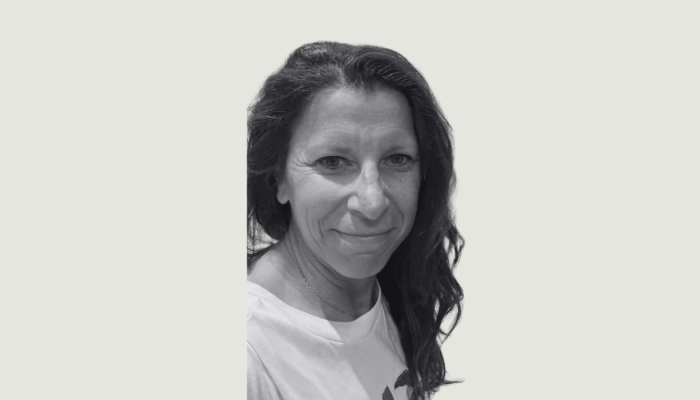When did marketing become so annoying? Earlier this year Keith Weed spoke at the ISBA Conference about the breakdown in trust between advertisers and consumers. The days of consumers enjoying TV ads more than the programme are a distant memory, with 50% now claiming to find ads annoying. The sheer volume, repetition, irrelevance and intrusion of the majority of advertising means that they feel “bombarded” and “stalked.”
There’s no doubt that the possibilities provided by tech and data have led to a big swing towards performance marketing. But the relentless focus on the bottom of the funnel has come at the cost of building underlying demand and desire for the brand. As a result there’s less focus on building memory structures that can be subconsciously drawn upon when people are ready to buy. So whilst the number of commercial messages we’re exposed to on a daily basis is increasing (10,000 and counting) the reality is that the memorability of most marketing activity is diminishing.
But there’s actually an even more fundamental problem. Most marketing orthodoxy is predicated on the assumption that we are pre-disposed to remember when in fact the opposite is true. We are actually hard wired to forget.
In his best-selling book ‘Why We Sleep – The New Science of Sleep and Dreams’ , neuroscientist Matthew Walker contends that sleep deserves a place alongside diet and exercise as a key determinant of our physical and mental wellbeing. Rather than passive downtime, sleep plays an active and critical part of our daily cycle.
Whilst we sleep our brains are busy processing the day’s events and filing useful ‘information’ for future use. Without realising it we consolidate learning and solve problems whilst we sleep. To illustrate this Walker cites an experiment where two separate but matched groups of people are taught to play the piano for the first time. Both groups start by having daily lessons followed by an end of day test.
After the first few weeks each groups success at completing the end of day test is evenly matched, and the progress of individuals is fairly uniform. The experimenters then switch one group to having their test the following morning rather than at the end of the day. As proof of the ‘we consolidate learning when we sleep’ theory, the morning after group find that their rate of individual progress accelerates versus their previous learning curve, and the group starts to consistently outperform the other group in tests. This phenomenon also explains why we often wake in the morning (or if you’re unlucky, in the middle of the night!) with fresh perspectives or solutions to problems we are trying to solve.
A key enabler of this process is the sifting and transfer of information between our short-term daily memory and our longer term memory where we file things we’ve learnt.

Our brains mirror computers; with RAM for short-term storage of data that’s lost once the machine is switched off
In this sense, our brains mirror computers ; with RAM for short term storage of data that’s lost once the machine is switched off, and ROM where data is permanently stored, even when the computer is switched off. And for a computer to function efficiently it needs to wipe the RAM clean each time it is switched on – otherwise performance suffers as the computer struggles to deal with multiple software packages or windows open at the same time. The same is true of humans; if we weren’t programmed to ‘wipe and forget’ on a daily basis our short term memory would become overloaded and we wouldn’t be able to process thing or make decisions.
As a result, whilst we sleep our brain searches our short term RAM-style memory for “significance”; sifting between things to remember and learn, and things to forget and ‘wipe’. So forgetting is an important human capability – and the ability to efficiently sift through and forget extraneous stuff has no doubt evolved as the volume of stimulus we receive on a daily basis has increased exponentially.
In this sense marketing is increasingly fighting a battle for significance. If you have a genuinely differentiated product in a high interest category (such as Apple) then you are less likely to struggle for significance and therefore being “filed” in the memory. However if like most brands your product is more generic and/or you operate in a lower interest category then you will have to fight to be noticed and to be remembered.

You have to achieve significance in some other way. You need to find other ways to make your brand / brand message distinctive and memorable. And that’s why creativity and ideas have a critical role to play – even in this era of data/tech driven performance marketing.
It’s critical to find imaginative and memorable ways to earn people’s attention and to avoid being forgotten.
To provide experiences that go beyond the transactional and to provide a fair exchange for people’s attention.
So in the same way that more enlightened marketing thinking has embraced the fact that we make most of our everyday decisions using System 1 thinking, so we need to change our thinking around the building of memory structures to build brand equity. We need to remember(!) that we are programmed to forget not remember, and as a result rediscover the art of ideas-led engagement marketing.
Phil Rumbol is MullenLowe London's Executive Partner. Follow them @MullenLoweLDN
This article first appeared in issue 1 of new members-only Marketing Society publication EMPOWER. Members can read the issue here. If you've forgotten your login details please email our Editor.



